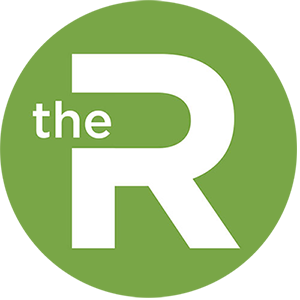The Council of the European Union has agreed that Croatia now meets all the criteria to join the borderless Schengen Area.
In a meeting held on Thursday, December 9, the Council concluded Croatia has fulfilled the requirements for the application of the Schengen acquis as a whole, which is a precondition for the country to be able to join the Schengen Zone.
The latter now counts 26 members, 22 of which also European Union Member Countries. Croatia is one of the last four EU countries that are still not part of the Schengen Area, alongside Romania, Bulgaria and Cyprus.
A press release of the Council regarding the matter notes that since Croatia joined the EU on July 1, 2013, the country has applied all requirements of the Schengen acquis, except lifting controls at the internal borders.
“According to the EU act of accession of Croatia, the lifting of these controls can only occur following a Council decision to that effect, after verification in accordance with the Schengen evaluation procedures that Croatia fulfils the conditions,” the Council explains in the same press release.
Croatia had declared its readiness to start the Schengen evaluation in July 2015, which evaluation then took place between 2016 and 2020.
On October 22, 2019, the EU Commission concluded that Croatia had taken the necessary measures to meet the conditions for the application of all the Schengen rules and standards. In spite of the positive evaluation, the Commission had noted that Croatia would have to continue working on the implementation of all ongoing actions, with a focus on the management of external borders.
At the time, the decision had been criticized by the then-Prime Minister of Slovenia Marjan Sarec, who called it political and insisted that Croatia should first implement the arbitration ruling on its border dispute with Slovenia.
The international non-governmental organization Human Rights Watch had also criticized the evaluation, claiming that Croatia should not be permitted to join the Schengen territory due to violent pushbacks of migrants at its borders.
“Croatia’s abuses of migrants at its borders makes the notion that Schengen membership is contingent on respect for human rights jus meaningless talk,” HRW senior researchers on Eastern Europe and Balkans Lydia Gall had said at the time.
Civil society organizations and activists in Croatia, the country’s Ombudsperson’s Office, and a variety of international governmental and non-governmental actors had joined the call, urging the EU to keep Croatia out of the Schengen Area until its authorities stop the illegal and violent pushback of migrants.
So far, unsupportive of Croatia’s accession to the Schengen Area have been France and the Netherlands due to “the rule of law concerns”. However, both countries have now agreed with the rest of the Member States that Croatia should be permitted to join the Schengen Zone.
Source: schengenvisainfo.com, Photo: mtomicphotography Pixabay
